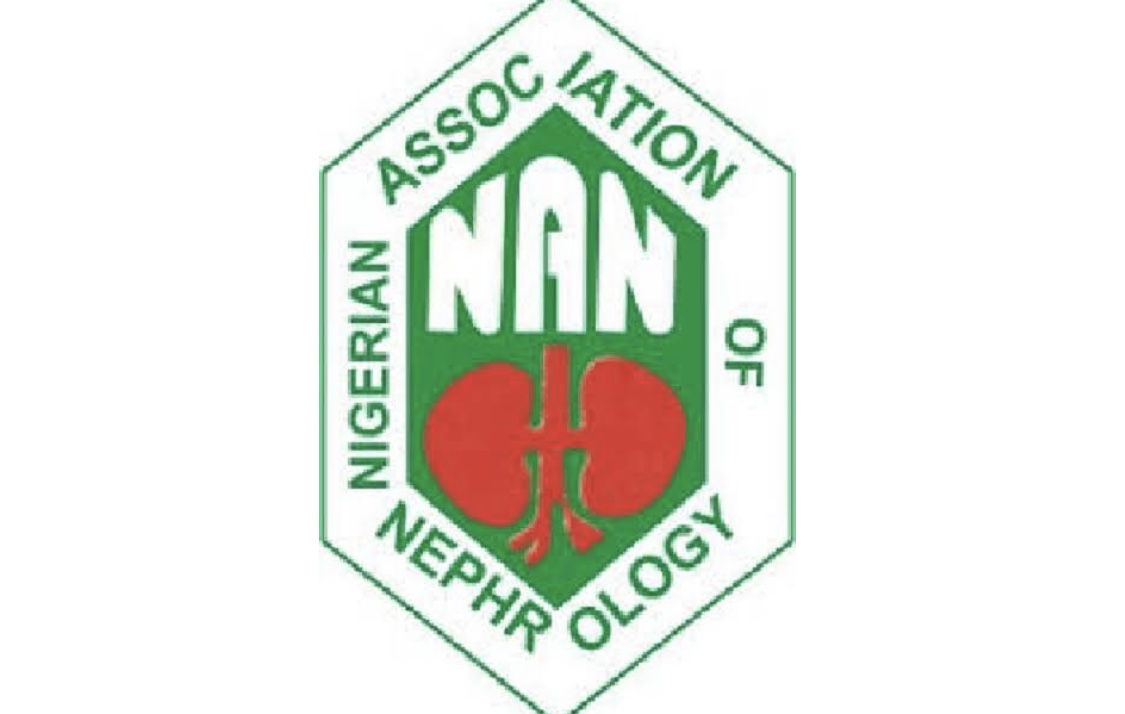By Muhammad Amaan
The Nigerian Association of Nephrology (NAN) has lauded the Nigeria’s Federal Government’s initiative to reduce dialysis costs, while calling for further action to integrate dialysis and kidney transplants into the National Health Insurance Authority.
This integration, the association argues, would ensure sustainable financing for kidney treatment, enhancing access to life-saving care for patients with kidney diseases and alleviating the financial burden on families.
President of the association, Professor Olugbenga Awobusuyi, made the appeal in an interview with the News Agency of Nigeria on Sunday in Lagos State.
The Federal Government had reduced the cost of dialysis sessions from N50,000 to N12,000 in designated federal hospitals across the country.
The intervention is part of the administration’s Renewed Hope Agenda, which seeks to provide relief, expand access to healthcare and address the growing burden of kidney diseases.
Professor Awobusuyi noted that the initiative showed that the government has taken an interest in the management of kidney disease.
He, however, emphasised that the intervention should be reviewed to impact all kidney disease patients, disclosing that the cost of adult dialysis is now lower than that of children.
“The cost to treat adults is lower than the cost for children’s dialysis because the intervention is mostly for adults’ dialysis.
“Now adults pay N12,000 while children still pay N40,000 or N50,000, depending on the area.
“What we’re advocating for right now is that there should be a comprehensive intervention for every patient battling kidney disease, be it children or adults.”
To boost access and ensure the sustainability of kidney treatment, Prof. Awobusuyi called for integration of dialysis and transplants into health insurance to alleviate the financial burden on patients.
“It’s what’s been done in advanced countries where dialysis runs mostly and patients have access to transplantation. Patients don’t pay out-of-pocket.
“The one we still have in Nigeria is that patients pay out-of-pocket. And we know that many people don’t have that money which is forcing many patients into financial hardship or making continued treatment impossible.
“So, it’s good that there’s an interventional fund which is being used to subsidise dialysis at some centres but the coverage as of now is not that great.”
Prof. Awobusuyi emphasised that health insurance would assist in expanding coverage to include more patients and also reduce the need for the government to pump interventional funds yearly for kidney treatment.
According to the World Health Organisation (WHO), kidney disease is a silent epidemic that affects more than 850 million people worldwide and contributes to rising rates of disability and premature death.
The disease is expected to become the fifth leading cause of death globally by 2040.
Chronic kidney disease has no cure, but in general, treatment consists of measures to help control signs and symptoms, reduce complications and slow progression of the disease.
In May 2025, the WHO adopted a Resolution to prioritise kidney health, recognising kidney disease as a major global public health problem, comparable to cancer, cardiovascular disease, and diabetes.
WHO through the landmark Resolution would promote kidney health and strengthen prevention and control efforts for kidney disease worldwide.
This includes strategies for early detection, prevention, and ensuring equitable access to lifesaving treatments like dialysis and transplantation, aiming to reduce the growing burden of the disease.




